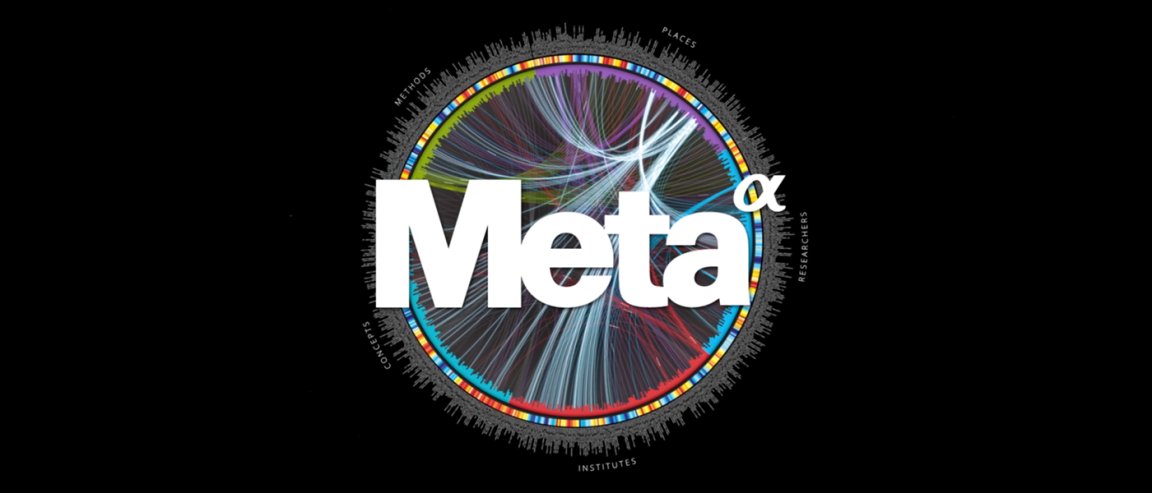
Introducing Meta
Back in September, the Chan Zuckerberg Initiative – the philanthropic company set up by Facebook CEO Mark Zuckerberg and his wife, Dr. Priscilla Chan – set a goal to invest $3 billion to cure, prevent, and manage disease by the end of the century.

The company has taken a huge first step toward the objective by partnering with scientists, doctors, engineers, and other key stakeholders. With the acquisition of Toronto-based company, Meta, the team is moving even closer to their goal by creating tools and technology designed to empower the scientific community.
Meta is a research paper search engine that uses artificial intelligence (AI) to deliver the most relevant results to researchers. Following this acquisition, the Chan Zuckerberg initiative will enhance the service before eventually rolling it out for free.
As Meta CEO, Sam Molyneux points out in a statement, “Going forward, our intent is not to profit from Meta’s data and capabilities; instead we aim to ensure they get to those who need them most, across sectors and as quickly as possible, for the benefit of the world.”
Free For All
Democratizing science is a big deal for the scientific community. Last year, NASA announced that all research it has funded will be free and accessible to anyone through their new open portal PubSpace. A company called ScienceMatters is also seeking to provide an open-access, peer review platform that eliminates the politics behind scientific research and publication.
But the importance of Meta in the context of making science accessible to everyone is anchored in its AI-driven technology. Thousands of scientific papers are published every day, and the sheer volume of available data means it’s hard to whittle it down to what’s most important to individual studies. Ultimately, access is just one part of the challenge. For access to information to truly empower the scientific community, one has to be able to systematically analyze and review all the available data available. That’s where Meta comes in. It can easily find the most relevant material that will further the research in a fraction of the time it would take a human.
“As part of the Chan Zuckerberg Initiative, we will unite Meta’s capabilities into a single, powerful tool that is available to everyone. We will provide a truly modern way for researchers to understand the state of scientific knowledge and what’s happening, right now,” Molyneux adds.
Such a service would prove to be invaluable for students and scientists. Armed with the right information, they could make more informed decisions regarding research budgets, identify trends significant to their research, and find similar studies that show promise related to their own work.